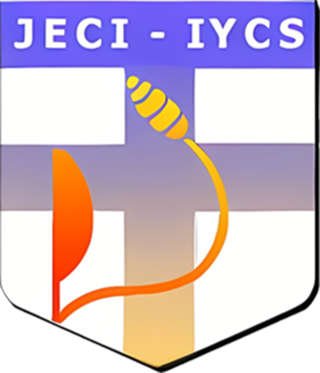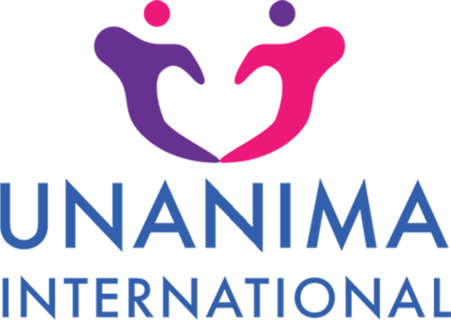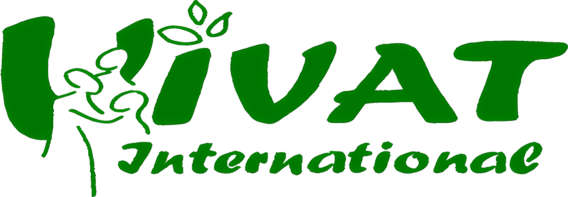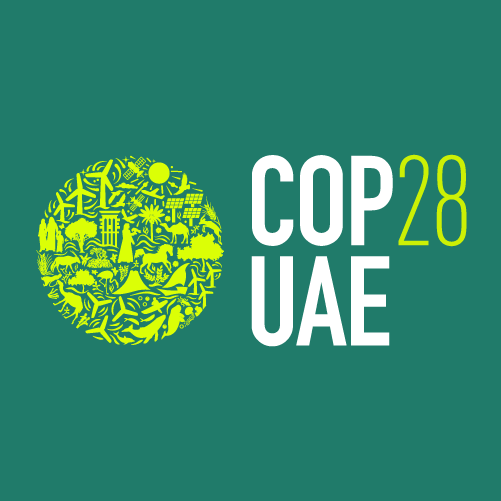
Places of Injustice
Venue:
Booth 24;
Thematic Category:
Adaptation, Resilience, and Loss and Damage.
1-6 December 2023,
10AM – 5PM
Laudate Deum brings much needed attention to the climate injustices still prevalent throughout our common home. In line with the core message of Laudate Deum, Our Season of Creation campaign shone on a spotlight on the prayers and actions of our network in fighting climate justice through our #PrayingForYou campaign. The video exhibit highlights “Places of Injustice” linked to climate damages and socio-ecological impacts through the global production of thematic “climate injustices” through messages, documentary videos, and other digital arts. Vulnerable people become a living letter to their governments by denouncing injustice and claiming climate justice.
This year’s exhibit builds on the momentum of last year’s exhibit of ‘The Letter,’ which heard testimonial voices from around the world
A brief narrative: Human-induced climate change is one of the fundamental planetary boundaries that humankind is transgressing. Migrations from countries most affected by climate change are rising. It brings deaths, despair and anger. Pope Francis reminds us that we must not get used to this, and this is at the roots of Laudato Si’, an encyclical that calls us to look for ways to change the world.
A brief narrative: Meet the different “voices” that Laudato Si’ has put forward, through the different protagonists of the movie The Letter: Voices of the Poor, the Youth, the Indigenous people, and Science.
A brief narrative: Indigenous people are the steward of their land. Their ancestral knowledge and living experience help us understand our duty, as humans, regarding Creation. Chief Dada tells us about his vision of nature and what his territory and his people are experiencing.
A brief narrative: The Youth is the group that will face the hardest climate change. All over the world, they are raising their voice to try to stop the climate crisis. Ridhima, an Indian teenager, tells us about her nightmares, what drives us to fight and what she hopes for the future.
A brief narrative: Senegal is hardly affected by the climate crisis – migration within the country and to other part of the word are literal cries of the Earth. Arouna has had a hard childhood, but he shares with us his hope of being able to build a flourishing future.
A brief narrative: Laudato Si’ is rooted both in the Catholic Tradition, Scriptures and in Science. Dr. Asner and Dr. Robin share about how they work, and how their scientific knowledge must be transformed into action – something Laudato Si’ is helping us to do.

Highlights from LSM’s SoC Campaign
Our team at LSM

Our very own secretariat joined in the campaign by praying for the CEO of Total, Patrick Pouyanne and swimming in the duckweed flooded Saone river to raise awareness of climate injustices caused by the continued of fossil fuels. The flooding of duckweed in the river indicates eutrophication linked to the excess of nitrate fertilizers coming from the oil industry.
Our movement
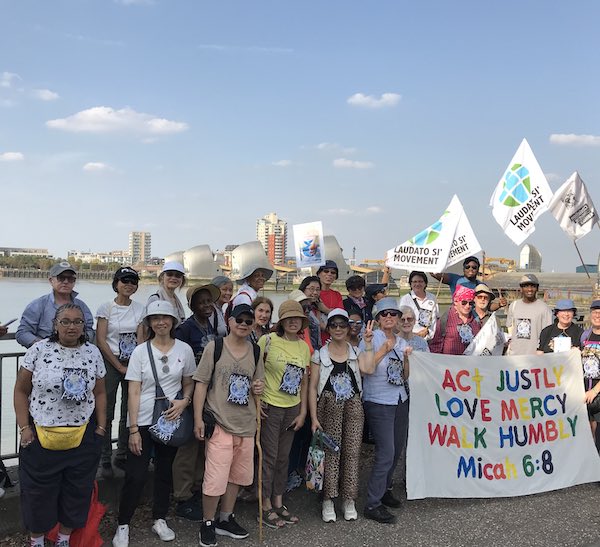
Our members in the United Kingdom had a ‘Pilgrimage for the Planet’ along the ‘mighty river’ Thames. They walked to the Thames Flood Barrier, which is symbolic of rising sea levels, and it is having to be used far more often that it was ever intended to be. During the pilgrimage they paused for prayer and reflection at various places and reflected on Creation’s Song, Creation’s Cry and Creation’s Call and the message of Pope Francis for the season of Creation. At the Thames Barrier they were joined by another group who had started walking further upstream at the Shell HQ and had walked 17km!
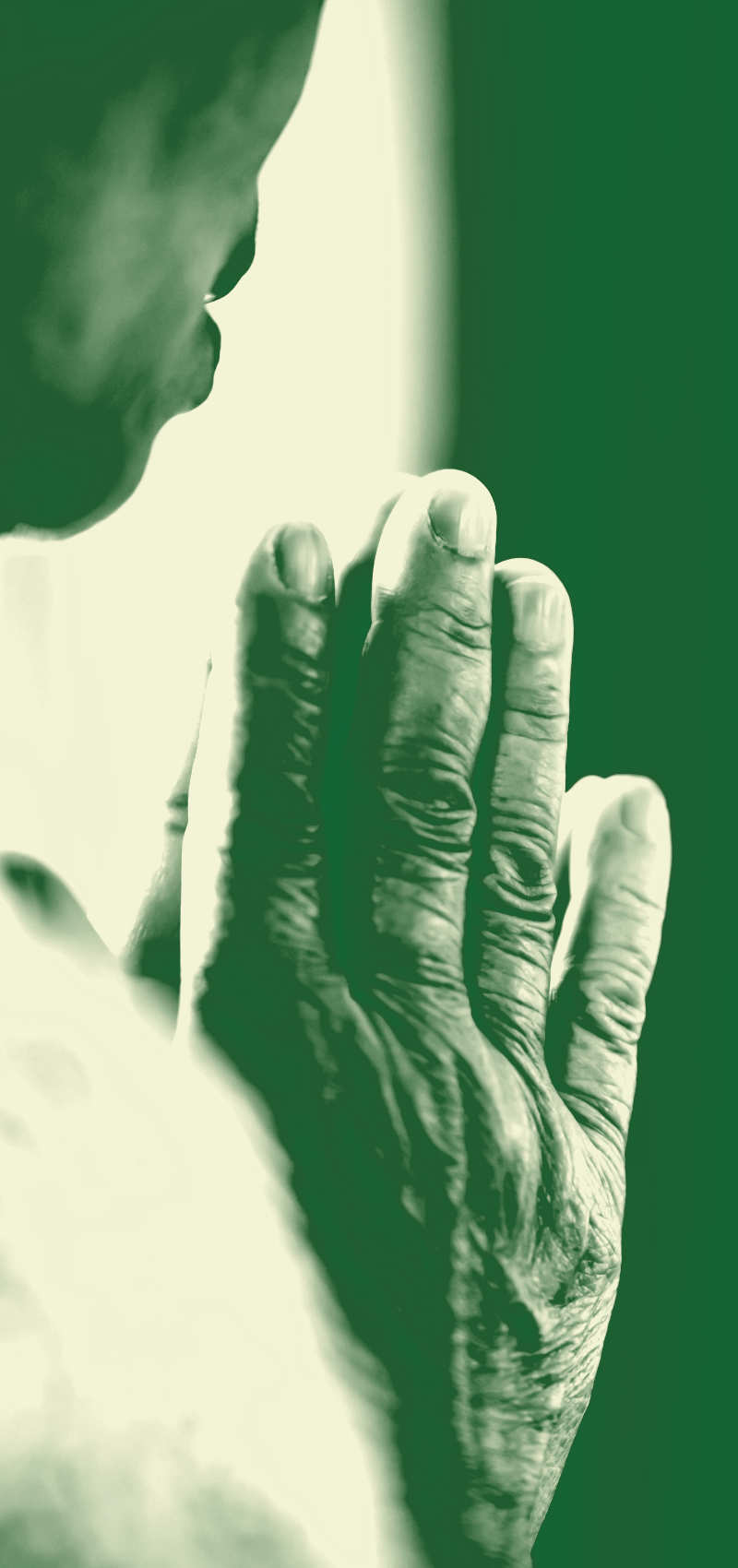
Our network
Documentary video from VIVAT International
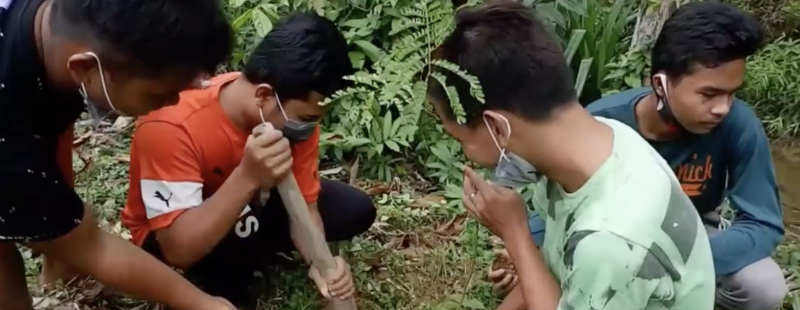
The expansion of land use for the corporate economic interests of large-scale extractive mining and palm oil plantation agri-business limited the space for the indigenous communities to cultivate land and community forests. Meanwhile, floods caused by extractive industries and the COVID-19 pandemic, which limit space for work, threaten local food security and sustainability. Facing this situation, a group of young people from the Dayak indigenous community in Central Kalimantan, Indonesia, took the initiative to manage agricultural land and community forests around their village area. They planted local horticultural crops and a million trees through an agro-forestry program under the assistance of Justice, Peace, and Integrity of Creation (JPIC) Kalimantan.







